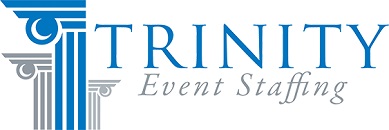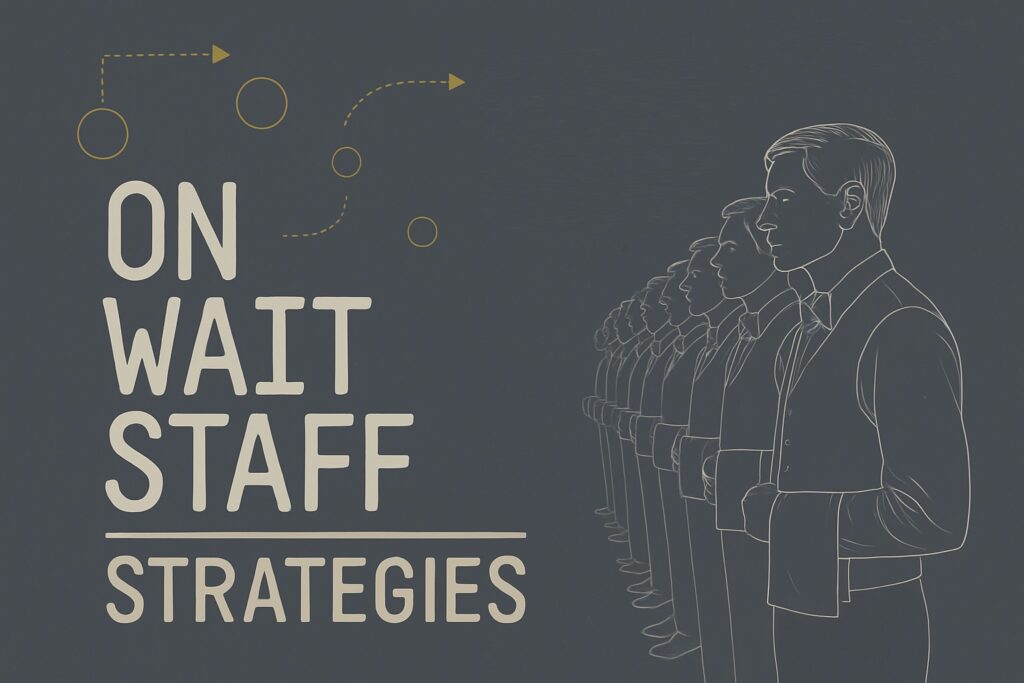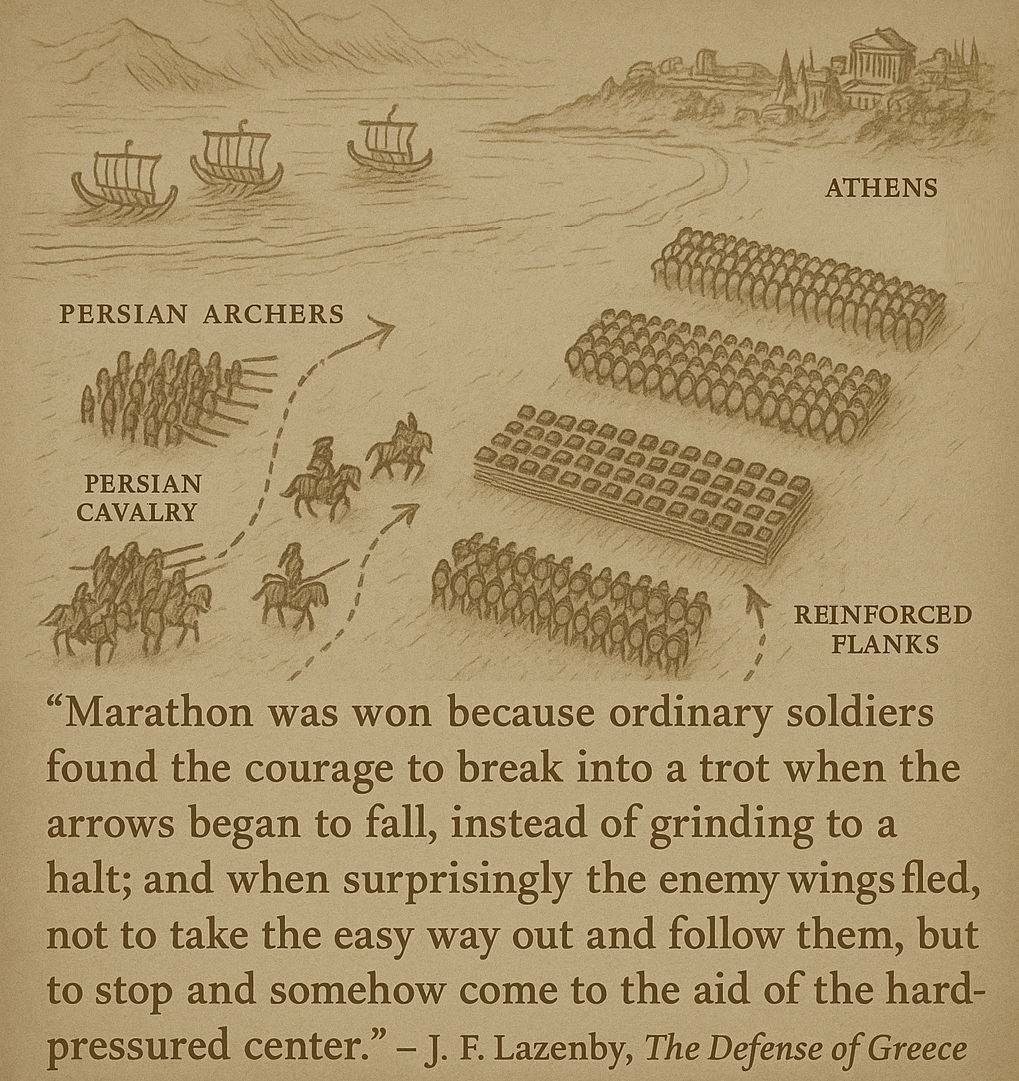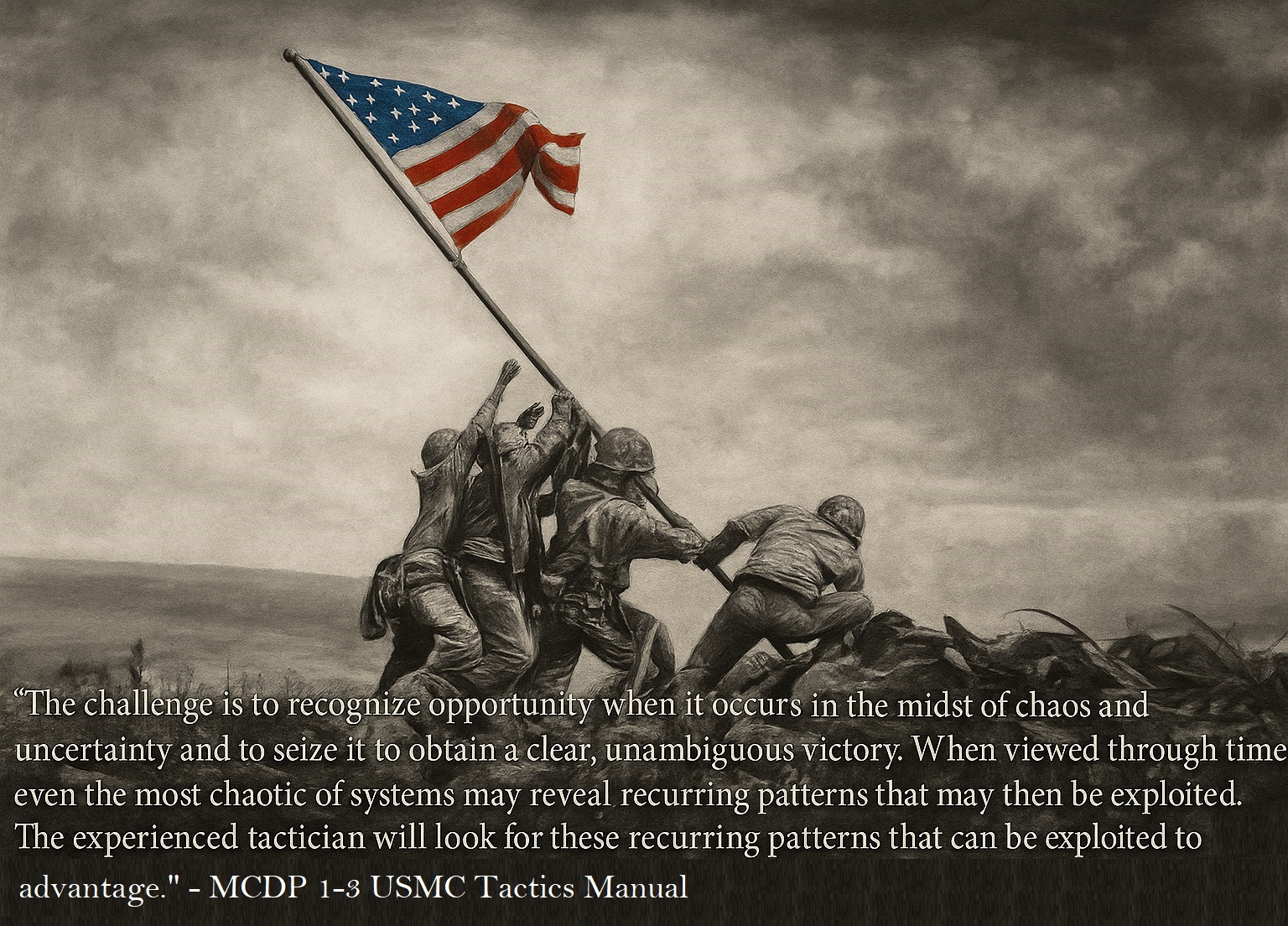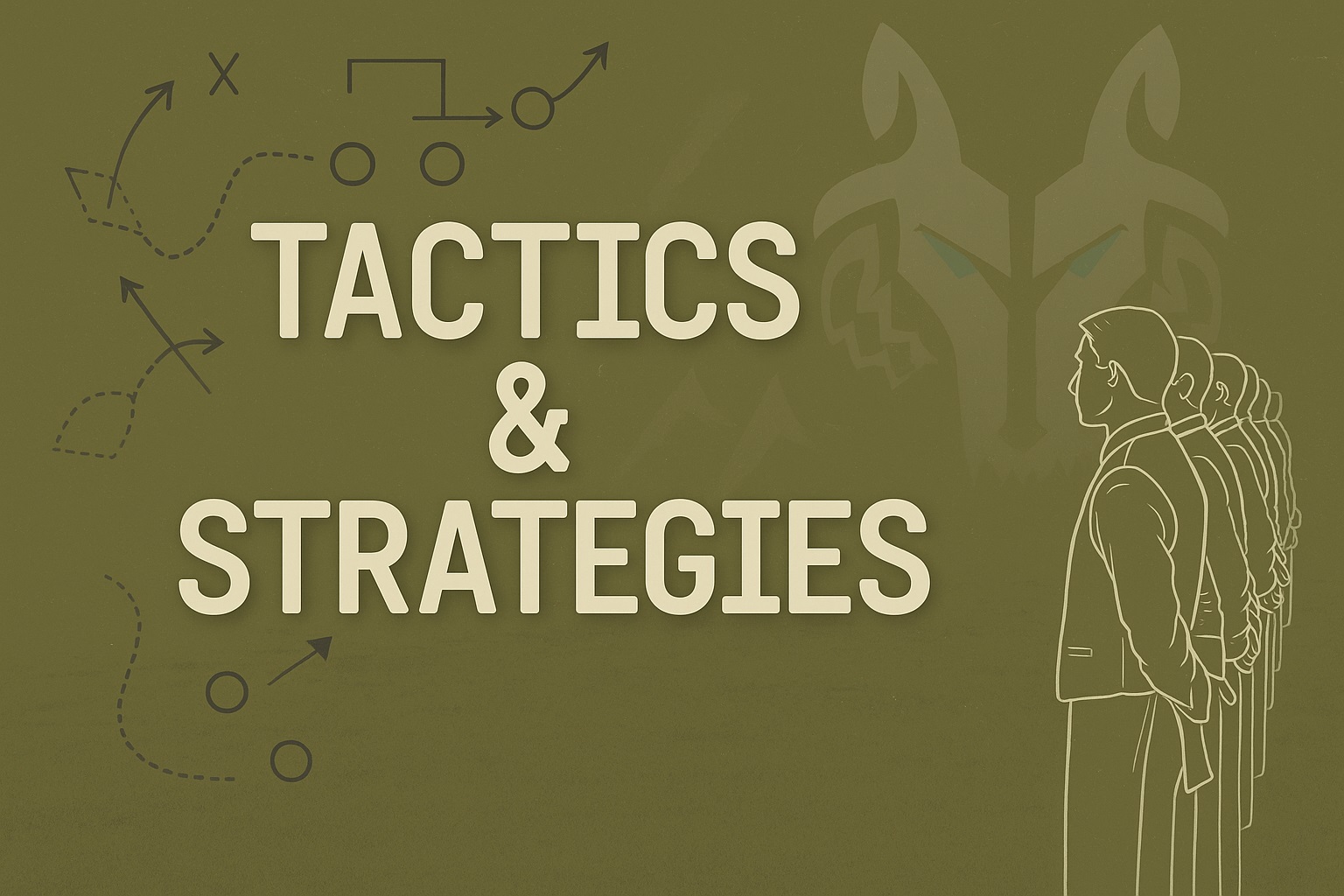On Waitstaff: Strategies for Wait Staff Services
The events industry in north Texas continues to require the best efforts of creatives, as well as seasoned operators. The relentless pressure to deliver the gold standard of service means reputations hang in the balance every single event. However, because events represent fast-changing scenarios unfolding on untested plans, they challenge even the best companies and leaders. Additionally, like running a relay race, every event vendor involved represents either a positive or negative modifier to the overall result.
In order to succeed consistently, event companies need effective tactics, strategies and leadership. Wait staff services in particular remain one of the most viable incubators for producing all three. Therefore, the purpose of The Event Staffing Field Manual remains quantifying and codifying the best practices in event staffing. In doing so, it seeks to illuminate the path to consistency and success for all event companies!
Event staffing companies must develop clear goals
Beyond the science of tactical maneuvers and the art of leadership, event staffing companies must develop effective company strategies. Strategies define the macro-level ideas, plans and campaigns that guide the downstream decisions of field leadership. When vision and intention bring company owners to crystallized moments of clarity, they form the basis of commander’s intent. Commander’s intent could include setting annual benchmarks, defining cultural priorities and establishing long-term goals.
Strategies flow from these conceptual guidelines, solidifying them into practical steps for achieving them. Careful strategic development delivers realistic objectives and reasonably-assured outcomes that align with company vision. Understanding the strategy gives front-line leaders greater tactical autonomy. Armed in this way, they can make faster and better decisions when faced with urgent situations.
Reputable event staffing companies embrace lateral decision-making
Only by developing this kind of lateral decision-sharing, can service staff for events evolve past traditional, vertical, decision-making models. In the vertical model of decision-making, everyone must continuously seek approval from above in order to take action within their immediate task area. However, constantly seeking managerial approval before acting only slows down operational tempo, and creates intolerable lag time. It also over-tasks management with unnecessary chatter, diminishing their focus on company-wide objectives.
But if all team members within wait staff services are knowledgeable in company intentions and strategies, they can act independently in the intensity of the moment. Being allowed to act independently helps overcome single points of failure or systemic dysfunction. Ultimately, orchestrating only the mundane maneuvers of wait staff will never be sufficient to achieve excellence. Only through lateral decision-sharing can event companies hope to achieve consistent results in inconsistent environments.
Best wait staff services know how to combat decision fatigue
The decentralized decision-sharing model must permeate all ranks of the leadership cadre for wait staff services. Decentralized control generates the ability to sustain a higher operational tempo for longer durations. In this way, decisions can be executed instantaneously within a “continuous fabric of activity”. Especially since staffing providers face the same ongoing, high-rev tempo as fire and rescue teams. Therefore, how can event companies combat decision-fatigue among top leaders when they are engaged in grinding, seasonal campaigns?
Captains must take up the mantle of decision-making when appropriate for the lead’s sake. They do this by formulating follow-on actions for their teams, counting on the trust the lead has in them. In these cases, tactical competence and understanding commander’s intent combine to form the basis of effective squad-level decision-making. By captains overcoming situational hurdles themselves, they free up the lead’s valuable bandwidth to navigate clients, team members and other needs from a top level.
Leaders of the best wait staff services possess confidence
“No plan survives contact with the enemy.” – Field Marshal Helmuth von Moltke
Thinking beyond the daily ‘firefighting’, how can event leaders preemptively overcome chaos without fixating on its potential to arise? In other words, how can they balance the need for preparedness with the time and energy spent in planning every contingency for every event? Skillful leaders must possess the self-confidence to know that their experience will carry them through. So while planning should occur, it must be balanced relative to the time spent on theoretical contingencies and overall plan complexity.
Complexity in a plan will only cause it to fracture and become obsolete as an event unfolds. Conversely, keeping plans simple and concise allows flexibility. As an example, keeping team members together with the same captain for the entire event creates stability that can withstand quick pivots in plans. Simplicity possesses elegance, and like Einstein’s equation, simplicity unveils universal truths. Therefore, leaders must plan accordingly, lead instinctively, and not try to plan away every contingency.
Leaders of wait staff for events must be force multipliers
The tactical level of events involves the daily, dynamic and unpredictable character of events. In any complex, rapidly-changing environment, outcomes can only be anticipated in terms of probabilities. From ‘no shows’ and wait staff running late, to dead cell phones and disorganized clients, probabilities become reality. Add in tight timelines for achieving ‘all set’, or panicked planners, and the confusion only increases.
Only through bold decisiveness can a leader hope to cut through this ‘fog of war‘. Leaders that can skillfully manage these interactions, distractions and disruptions become critical force multipliers to the wait staff services they lead. Larger events with more staff generate exponentially more interactions and ‘friction points’. Like firefighting or combat, events are the “collision of opposing forces – animated, interactive and unpredictable in behavior.” Therefore, lessons and doctrines derived from both firefighting and warfighting adapt well to understanding how to prevail with events.
Historical lessons can be useful in leading wait staff services
Historical examples such as the Battle of Marathon contain applicable insights. As the first recorded military amphibious landing, The Battle of Marathon pitted the invading Persians against the defending Athenians. Since the Athenian army represented the city’s only defense until Spartan reinforcements arrived, they assumed a defensive posture. To avoid encirclement by the larger Persian force, they lengthened their lines and heavily reinforced both flanks. Knowing that their heavily-armored hoplite soldiers were susceptible to cavalry charge, they held their attack.
However, when the Persians moved to amass their missile corps against the closely-packed Athenian phalanx formations, the Athenians pivoted tactics and attacked. This bold and unanticipated gamble leveraged their hoplite’s armored advantages in melee fighting against the Persian’s light infantry. The heavily-weighted Athenian flanks crushed the Persian conscript forces facing them, and breached the Persian rear. Pivoting, they encircled the Persian force from behind, cutting it off from its naval retreat, and soundly defeating it.
Leaders of the best wait staff services are decisive
The Athenian victory resulted from reading the situation properly, pivoting tactics quickly, and leveraging advantages effectively. It also illustrates a skillful use of tactical maneuver while maintaining the strategy of protecting both Athens and their outnumbered army. Similarly, leaders within wait staff services must be able to skillfully redirect resources to where they are needed and adapt new plans instantaneously. Additionally, they must be strategically mindful to only expend their team’s effort towards decisive goals. In this way, they preserve their options and expand them through innovative measures.
Therefore, leaders should be mindful to create reserves of equipment, manpower and oversight, and then use them at the right time. From staging extra rental silverware at server stations to re-tasking staff as the party migrates, leads must be thrifty-minded. An example would be slowly pulling staff from a wall of waiters to go bus the reception once most guests have arrived. This also keeps the correct number of staff in the reception before recycling them into dinner service. Helping teams to rapid refocus on the next steps and expending reserve capacity in the right timing ultimately become critical when executing on a tight timeline.
Wait staff for wedding receptions must adapt quickly
Within this crucible, leaders must be ready to adapt instantaneously to new timelines or developments. They must be prepared to alter buffets, bars and dish pits to fit the unfolding circumstances. And they must be prepared to discard tradition, equipment and even staff uniform pieces, to maximize the advantages of their teams. As an example, in the heat of the Texas summer, discarding vests and ties while unloading vans can be a life-saving decision by a leader.
Ultimately, just as with wars fought, it takes great leadership and staff discipline to ‘turn the tide of a battle’. Therefore, a top priority must be to establish a leadership cadre that can ‘stand in the breach’. They must bear the magnitude of the moment for their team’s sake. In this way, the collective leadership team of wait staff services manages the mistakes of unprepared and disorganized clients and vendors.
Waiter staffing agencies face entropy head on
Chaos is just the result of undetected statistical probabilities stacking up and finally surfacing to thwart our ‘best-laid plans’. As the number of technological innovations and experiential add-ons for events mushrooms, they compound the entropy of events. Coordinating and working alongside so many new vendors represents unique challenges for both planners and wait staff services at events. But the desire to create experiential moments highlights an American cultural trend that now values experiences over possessions. Thus, from electric violin trios for receptions, to ice sculptures that double as buffet stations, events will continue to add layers to their elaborateness.
Wait staff services for wedding receptions face challenges
Future events will likely become even more chaotic as more vendors and gadgets are added. From AI drones filming weddings to single-pane, smart menu cards displaying courses, innovation will push the limits of imagination. Add in a host of virtual collaboration services, delivery choices, and unique venue choices, and you have a potent mixture for unintended results.
As companies extend themselves further logistically, their margin for error increases. This complicates control, coordination and communication at events, such as when wait staff services must send wedding staff to remote west Texas ranch locations. When event companies deploy teams across entire states, they are “bound up with chance“, as military theoretician Karl von Clausewitz said regarding forces in combat. Only through careful planning and having sufficient logistical support can the day be won in these difficult, asymmetrical environments.
How to choose the correct wait staff agency for the job
The event environment and how a client weights the service standards will in large part determine the level of the wait staff services needed. Within the events industry, both idealistic and realistic environments exist. Idealistic environments such as hotels work diligently to optimize all facets of a well-rehearsed plan. This creates predictability through strict adherence to well-established guidelines. The idealistic environment often leads to centralized control and/or micromanagement. However, centralized control inhibits a team’s ability to adapt in situ, and micromanaging breaks down any established hierarchy.
While these methods may work for established hospitality locations, transplanting them to remote event locations does not translate. That’s because the competing offsite, realistic environment makes events complex and unpredictable. Impromptu locations test the best-laid plans, and the work is always “hot, heavy and hard”. But, the job creates wiry, steely-eyed operators who can overcome basically any obstacle.
From these two distinct types of environments emerge two different types of leaders. The first type strictly maintains structure and well-established rules that form the basis of event success. The second frames success on how well they handled the issues and uncertainties inherent to all offsite events.
Temp waiter services must adopt realistic decision frameworks
Realistic environments require depth of leadership to compensate for the exponential increase in unknown variables and the critical points of failure they create. Therefore, wait staff services that operate in realistic environments must value junior leaders exercising their own initiative. They recognize that the uncertainty of events necessitates a doctrine of decentralized control. This view prioritizes trust in subordinates to carry out actions based on the event specifics and commander’s intent.
In this way, junior leaders learn to handle themselves and their teams independently, even as ‘the battle rages around them’. Reduced to team-level situational awareness, waiter captains become the backbone of both team discipline and useful innovation. Therefore, wait staff services in realistic environments cannot rely solely on fixed rules to save the day. Instead, companies must facilitate junior leader study and practice, as well as encourage taking initiative.
Reputable wait staff services develop tactical excellence
The successful execution of events rests on the skillful application of all of the above tactical considerations. These include quick decision-making, creating opportunity, speed of action, adaptability and coordination with other vendors. Knowing when and how, as well as to what degree, and in what order to apply these concepts, sets skillful leaders apart from their peers. These considerations and many more exist. They frame the scope of study for frontline leaders and captains and help to build an indominable mindset within the individual.
Ultimately, the quest for excellence remains the hallmark of the disciplined and innovative leader. Therefore, motivated leaders within wait staff services must develop personal tactical prowess if they intend to ‘ace the game‘. Doing so requires melding their acquired tactical brilliance with personal and company strategic vision. Leads that can do this can accelerate their own personal growth as they push forward the brand they are championing. Remember, “the power of the wolf is in the pack, and the power of the pack is in the wolf“. Therefore, at a corporate level, it is ‘mission critical‘ to create a company culture that embodies the company’s unique history and ethos. Once established, it will be the basis for attracting motivated leaders who want to be a part of that story.
Wait staff for hire must be trained beyond the basics
The number of waiters in a wait staff service far outnumber its leadership group and company management. As a result, many waitstaff agencies only ever see incremental gains in overall proficiency levels. However, the best wait staff companies decisively choose to prioritize robust training at all levels. This kind of incubator insulates the company from losing too many high value assets through normal attrition.
However, seasoned leaders would do well to remember to never be content to rest on yesterday’s successes. Despite training and planning, entropy will interject unforeseen issues into ordinary events. As an example, hazardous weather conditions can devolve into dangerous and sometimes desperate situations. To be effective, a lead must act decisively and lean on captains in intense moments. Ultimately, wise leaders should just never take for granted what might await them on the field of play tomorrow.
Staffing services must lead through sound judgement
“The consequences of a tactical engagement should be the achievement of operational and strategic goals
– MCDP 1-3, USMC Tactics
Event leaders do the majority of the mental heavy lifting at events by deciding how to expend the valuable resource of their team. With events containing infinite variations in situational chaos and ‘firefighting’, no formula or process can be relied upon to account for all possibilities. Rather, the answer resides in leader judgment. Sound judgment comes from assessing the situation properly and applying the wisdom of experience to it. It allows a leader to identify emerging issues, discern quick solutions and concentrate resources on the hottest ‘points of friction‘.
When exercising judgment, an event lead must first consider their staff resources and timetable. The lead must quickly think through all phases of the event, its transitions and likely problem areas. Then at every junction of the event, leads must test their own resolve to only accept a decisive victory. A decisive victory can only be claimed by flawlessly executing the event at all levels. Here, a healthy obsession with perfection must be defended, as it becomes the standard by which every event is judged.
As an example, perfect execution of white-glove, military-style, synchronized service remains a sight to behold. Like a performance, the obsession with perfection makes it into art. When it is executed perfectly, it reflects a level of mastery that can only be obtained within elite wait staff services that prioritize training and consistency.
Wait staff services must seek decisive victories to achieve excellence
Indecisive results, marred by technical errors, behavioral issues and failures of oversight, serve only to waste the valuable reputation of wait staff services. All of the cost, late nights, sweat and stress will have been for little gain. While such results are valuable as lessons, they otherwise become just another thread in a mediocre tapestry. To counter this, staffing agencies and their leaders must not allow operational difficulties and failure to create an acceptance of mediocrity. Rather, the crucible of events should be used to forge charismatic and effective operators that percolate to the top naturally.
Zooming out, only through waging a company-wide campaign of repeatable victories can the best wait staff services hope to secure the top spot among their industry peers. While ‘the squeeze is worth the juice‘, each company must individually decide how to get there. The admixture of company culture, training and standards makes each an unique puzzle to solve. Ultimately, the “why”, and not the “what and how” becomes the cornerstone for building a resilient and memorable brand that both inspires others and creates a lasting legacy.
Author- Justin Atkinson
Author’s Note: On Waitstaff is a part of The Event Staffing Field Manual series.
